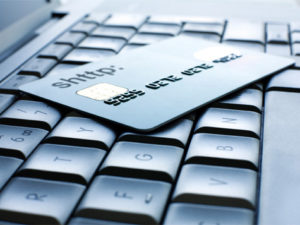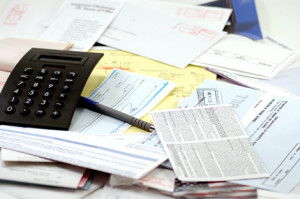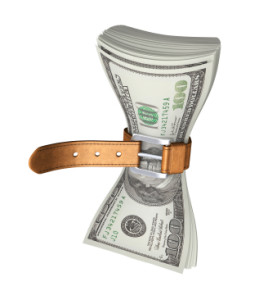 Today’s top story: Cash back, miles, or…wine? Credit card rewards are evolving. Also in the news: A new episode of the Smart Money podcast on why you should question your bills and how to make the most of a raise, Medicare’s telehealth experiment could be here to stay, and the best way to ask for a cost-of-living increase.
Today’s top story: Cash back, miles, or…wine? Credit card rewards are evolving. Also in the news: A new episode of the Smart Money podcast on why you should question your bills and how to make the most of a raise, Medicare’s telehealth experiment could be here to stay, and the best way to ask for a cost-of-living increase.
Cash Back, Miles or … Wine? Credit Card Rewards Are Evolving
If cash back and travel feel blah, a new crop of credit cards will reward you in different ways.
Smart Money Podcast: Why to Question Your Bills, and Making the Most of a Raise
Medicare’s Telehealth Experiment Could Be Here to Stay
An astronomical increase in telehealth visits by Medicare beneficiaries in 2020 could prompt a reshaping of post-pandemic rules.
The Best Way to Ask for a Cost-of-Living Raise
Inflation rates are the highest they’ve been in 30 years.
 Today’s top story: Money moves to help you feel more in control. Also in the news: How to renegotiate your bills to save money, ways for renters to cope in the financial crisis, and how to protect yourself before your federal student loan servicer changes.
Today’s top story: Money moves to help you feel more in control. Also in the news: How to renegotiate your bills to save money, ways for renters to cope in the financial crisis, and how to protect yourself before your federal student loan servicer changes.  When Bruce McClary was a housing counselor, his clients regularly showed up for appointments with grocery bags full of unopened bills.
When Bruce McClary was a housing counselor, his clients regularly showed up for appointments with grocery bags full of unopened bills.